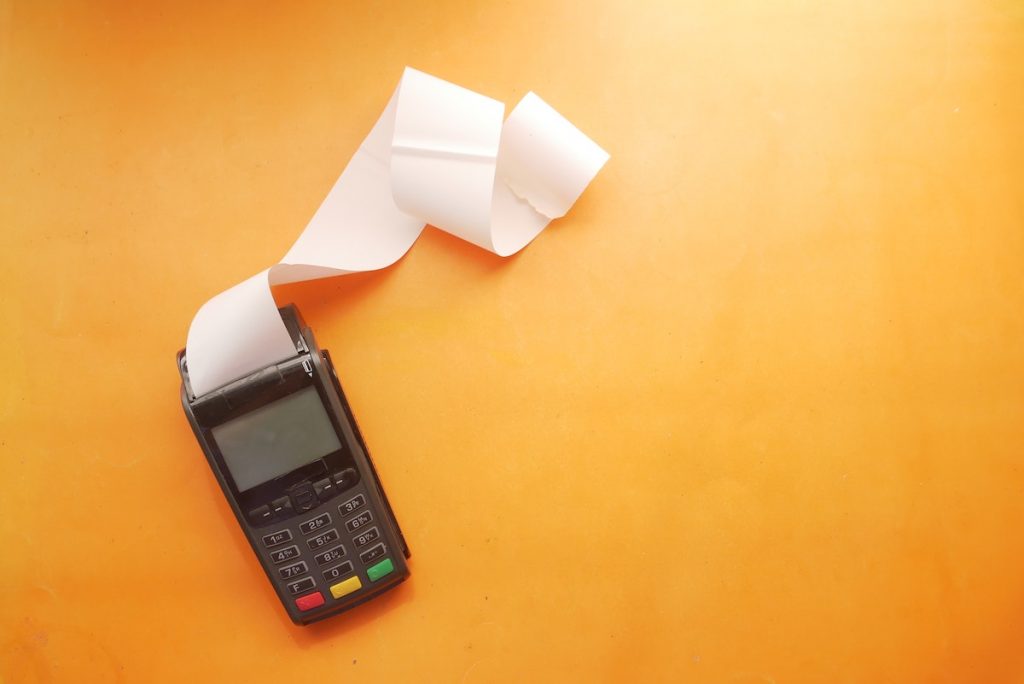As a board member, you have many responsibilities including HOA fees and collections. There are a number of questions we hear from our clients on collections and we even represent them in court to help guide them through the process.
Here are 12 of the most frequently asked questions on HOA collections we hear representing our clients in Georgia:
Who is responsible for past due HOA fees?
The record title owner at the time the HOA fees came due. Depending on an association’s
governing documents, a new owner could be liable for a past owner’s HOA fees if the past owner did not pay off the lien when selling the property.
What does “HOA collections” mean?
“HOA collections” generally refers to when a homeowners association needs to take action
against a homeowner for failing to pay HOA fees.
Is an HOA a debt collector?
As the original creditor, the HOA is not a debt collector within the meaning of the Fair Debt
Collections Practices Act (“FDCPA”). Under the FDCPA, a debt collector is defined as someone who is engaged in the practice of collecting debts belonging to another. Therefore, the HOA itself is considered the original creditor, and not a debt collector under the FDCPA.
Why does an HOA collect assessments?
Assessments are the life-blood of the association, and the association’s only source of revenue. It
is crucial that each owner pay his or her fair share of the community’s common expenses in order to ensure proper running of the association. Without assessments, the association is unable to operate and fulfill its commitments to its members.
How does an HOA collect assessments?
HOAs have a number of options for collecting assessments. An association can usually place a
lien on the home, sue the homeowner and obtain a judgment against them, and then file a bank or wage garnishment against the owner. In some cases, an association can also foreclose on the assessment lien it has on the delinquent owner’s home, subject to a mortgage or other higher priority liens.
What good is a HOA lien?
A lien acts as a “cloud on title,” usually preventing the sale of the underlying home without
clearing the lien. The lien or notice of statutory lien is recorded in the county where the home is located and gives notice to everyone that a party has a claim on the home. Without clearing the lien at closing, a seller fails to pass on good title to the buyer.
What does the judgment mean?
A judgment means that the court has reviewed the case, and based on the evidence presented, the court agrees that the amounts specified in the judgment represent amounts owed by the defendant to the plaintiff.
How do we collect on the judgment?
Once the HOA obtains a judgment against a homeowner, the HOA then works to collect on the
judgment and turn it into money for the association. Typically, this is done either through settlement, garnishment, or, in some cases, foreclosure. At any time in the litigation process, the parties can settle and the owner can either pay a lump sum amount or get on a payment plan to address the amounts owed. If the parties cannot reach an agreement, the HOA can file a garnishment against the owner’s bank or employer and collect through the garnishment process.
Does an owner still have to pay assessments after filing for bankruptcy?
Yes, an owner is still required to pay ongoing assessments that come due after bankruptcy is
filed.
Can the HOA initiate collections against an owner in bankruptcy for not paying ongoing assessments that came due after the bankruptcy was filed?
No, but you may have recourse within the owner’s bankruptcy case. This is something you
should discuss with your NowackHoward counsel.
Does an owner still have to comply with the rules and regulations within the community while in an
active bankruptcy?
Yes, regardless of the bankruptcy status, an owner must still comply with the rules and
regulations within the community.
What happens if a delinquent owner files for bankruptcy?
All collection activity must cease once an owner files for bankruptcy. The specific actions the
association should take within the bankruptcy case will vary greatly depending on which chapter of bankruptcy is filed and the specific circumstances of the specific owner’s account and proposed treatment of the debt owed to the HOA at the time the bankruptcy case is filed. For a more complete discussion about bankruptcies, see our previous blog article about bankruptcy.


